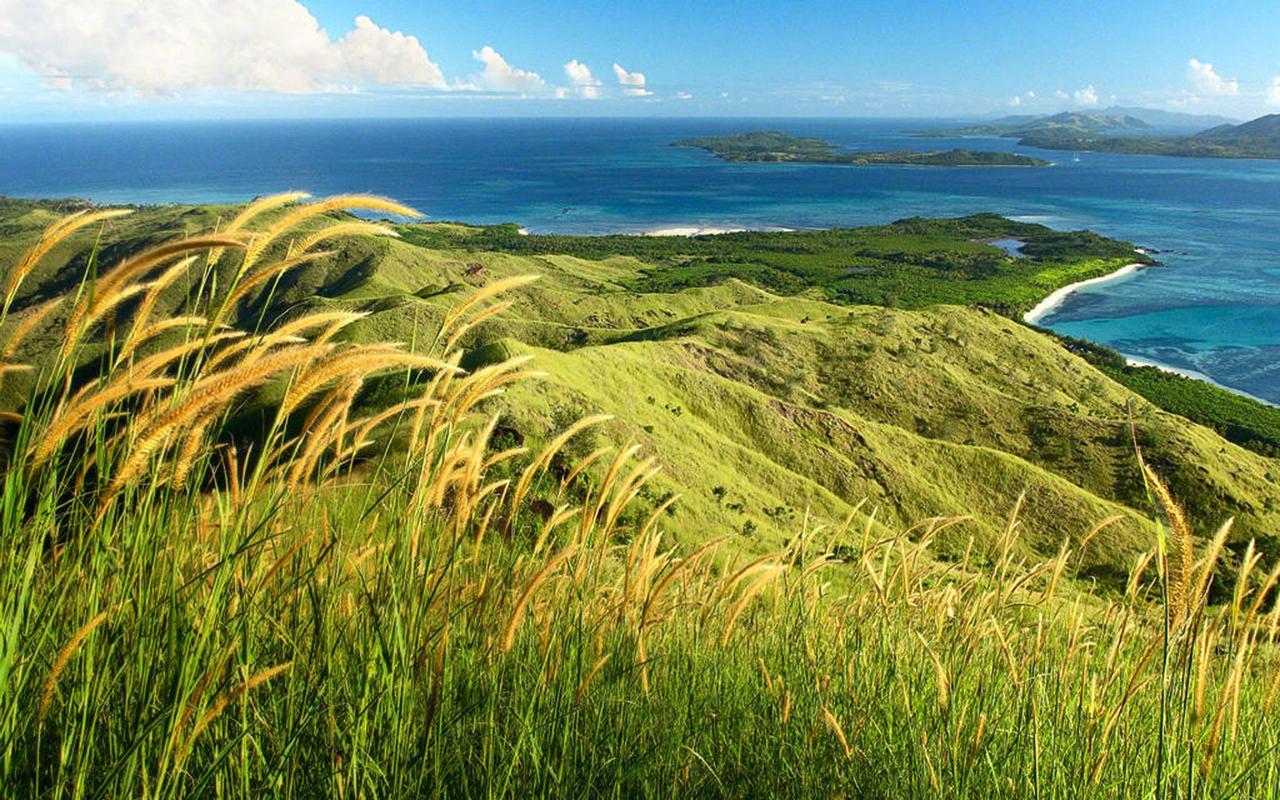My Literal Reaction to That Information: The Impact of Climate Change on Wildlife
The impact of climate change on wildlife has been long lamented by conservationists and animal lovers alike. It’s a fact that cannot be ignored any longer, as it poses a significant threat to many species of birds, mammals, reptiles, and fish around the world. The effects of climate change are not just limited to rising sea levels or more frequent extreme weather events. The natural habitats of animals are being destroyed at an alarming rate, and species are struggling to adapt to changing environmental conditions.
The Worst Affected Species
The adverse effects of climate change are more severe for some species than others. For instance, the polar bears’ home, the Arctic ice pack, is melting at an alarming rate due to increasing temperatures. The loss of sea ice makes it difficult for the polar bears to hunt and breed successfully, making their survival increasingly tenuous. Similarly, coral reefs are dying at an unprecedented rate due to the warming of the oceans and the increased acidity of the water. This coral reef loss results in reduced fisheries, reduced tourism, and a devastating habitat loss for countless marine species.
The Role of Agriculture
Agriculture, too, has an enormous impact on wildlife. The conversion of natural habitats into cropland and grazing pasture for livestock is a significant contributor to the ongoing global decline of many species. The excessive use of pesticides and fertilizers in agriculture also contaminates soil, water, and air, leading to reduced animal populations and ultimately, biodiversity loss.
What Can Be Done?
We need to take urgent action to prevent further harm to wildlife. Governments need to be held accountable for enacting and enforcing climate policies that protect these species. Conservation efforts should be enhanced globally, helping animals to transition to new habitats and protect wildlife from human exploitation. Above all, reducing our greenhouse gas emissions, increasing public awareness of the immediacy of the climate crisis, and changing our ways of life to use fewer natural resources and prioritizing renewable energy is needed to slow down and eventually halt the changes to our planet that are having such severe impacts on both human populations and wildlife alike.
Conclusion
The extinction rate today is about 1,000 times higher than what is considered natural, and we are poised to lose perhaps 20 to 30% of all species within a generation. There can be few, if any, sadder events in the history of earth. We all need to acknowledge that climate change is here now and threatening the ecological systems on this planet on which we depend on. However, it is not yet too late to take corrective and preventative action to ensure that future generations may be protected from the worst potential impacts of climate change. It’s up to all of us to take the necessary steps towards a more sustainable future.
(Note: Do you have knowledge or insights to share? Unlock new opportunities and expand your reach by joining our authors team. Click Registration to join us and share your expertise with our readers.)
Speech tips:
Please note that any statements involving politics will not be approved.
